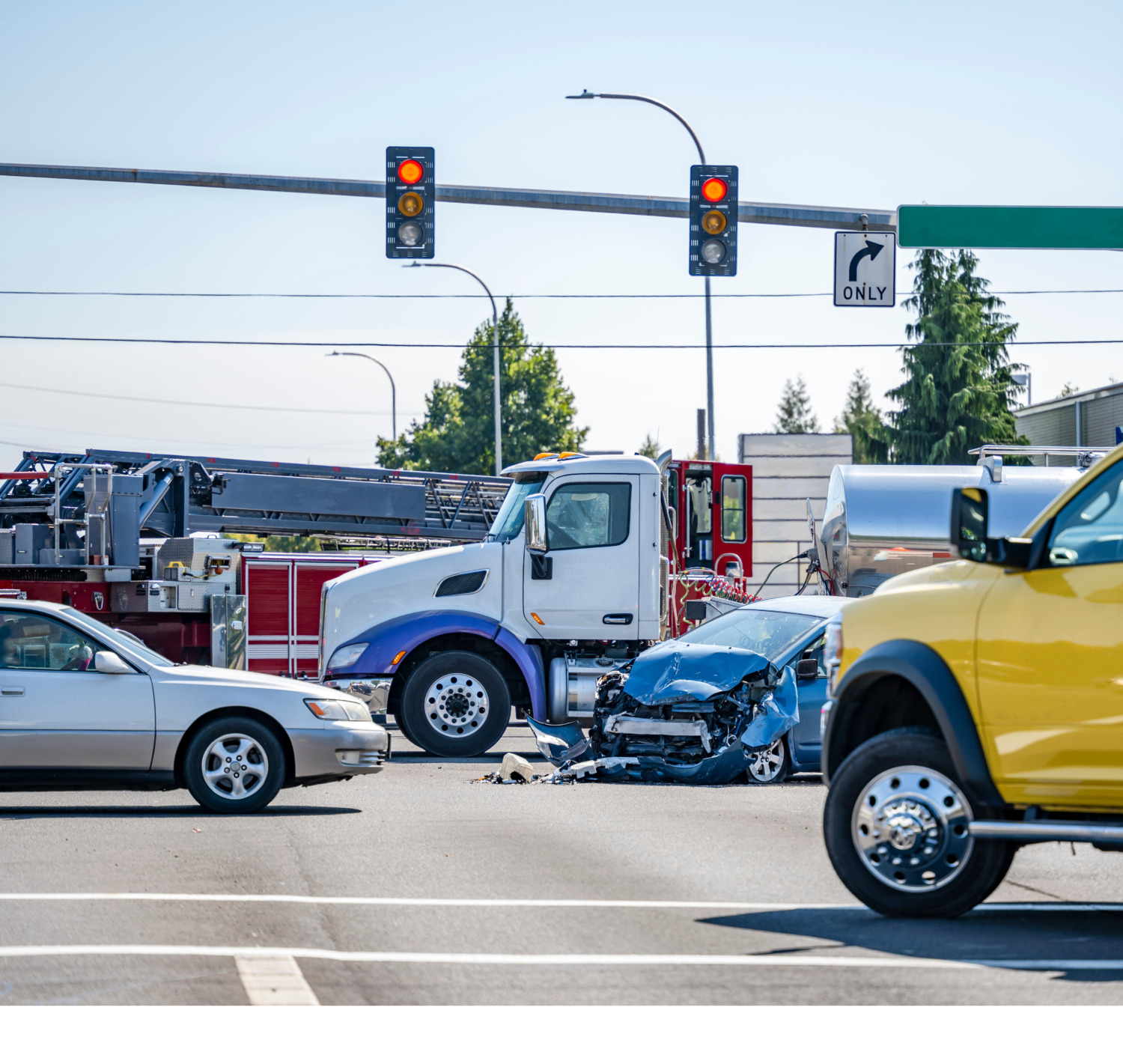In industries regulated by the Department of Transportation (DOT), safety is of paramount importance. One of the key elements ensuring safety is the post-accident drug and alcohol testing process. Following an accident, DOT-mandated testing is crucial not only for safety compliance but also for protecting both employees and employers from liability. For workers in industries like trucking, aviation, maritime, pipelines and railroads, compliance with DOT regulations is critical. Failing a post-accident drug and/or alcohol can have serious implications, but the process of getting back into compliance is well-defined and can be navigated with the right support.
Understanding Post-Accident Drug Testing
Under DOT regulations, post-accident drug and alcohol testing is required for employees in certain situations following an accident. The regulations outline specific criteria, including:
- Fatalities: If a fatality occurs, drug and alcohol testing is mandatory for any employee involved.
- Injury Requiring Medical Attention: If an injury requires immediate medical treatment away from the scene of the accident, testing is required.
- Damage to Vehicles: Testing is also mandated when one or more vehicles involved in the accident need to be towed from the scene.
The purpose of post-accident drug testing is to ensure that drugs and/or alcohol did not contribute to the accident. It also promotes a subsance-free workplace and aims to protect both the public and employees from the risks associated with impaired operation of transportation vehicles.
What Happens After a Failed DOT Test?
Failing a DOT drug and/or alcohol test after an accident leads to immediate consequences. Employees who test positive are removed from safety-sensitive duties and must follow a specific process to regain their eligibility to return to duty. This process involves working with a Substance Abuse Professional (SAP).
The return-to-duty process begins with an evaluation by a DOT-qualified SAP. This professional assesses the individual and designs a treatment and/or education program based on the severity of the issue. The steps include:
- Initial Evaluation: The SAP conducts a thorough assessment to determine the employee’s level of substance use or abuse.
- Treatment Plan: Based on the evaluation, the SAP may recommend treatment, counseling, and/or education.
- Follow-Up Evaluation: After complying with the treatment recommendations, the SAP re-evaluates the individual to determine if they are eligible to submit to a to return to duty test.
- Return-to-Duty Testing: The employee must pass a directly observed DOT return-to-duty drug and/or alcohol test to demonstrate their compliance and readiness to return to safety-sensitive work.
- Follow-Up Testing: Upon returning to duty, the employee will be subject to unannounced, directly observed, follow-up testing for up to five years, as determined by the SAP.
How SAP Referral Services Can Help
Navigating the return-to-duty process can be daunting for those who have failed a DOT-mandated drug and/or alcohol test, but they don’t have to do it alone. SAP Referral Services (SRS) connects individuals with DOT-qualified SAPs in their area, making it easier to find the right professional to guide them through the process.
SAP Referral Services offers the following:
- Nationwide Network of SAPs: SRS provides access to a wide network of DOT-qualified SAPs, ensuring individuals can find a professional near them.
- Quick Referrals: Time is of the essence when it comes to returning to work, and SRS helps expedite the process by providing fast and reliable scheduling.
- Expert Guidance: With a deep understanding of DOT regulations, SRS ensures that individuals follow the correct steps in the return-to-duty process by assigning each employee to a DOT trained case manager.
- Confidential Support: SRS handles referrals with professionalism and confidentiality, giving individuals peace of mind as they work toward regaining compliance.
Failing a DOT drug and/or alcohol test may seem like a major setback, but with the right support and adherence to the DOT’s requirements, individuals can successfully return to their safety-sensitive duties. SAP Referral Services is a vital resource for anyone needing guidance through this process, ensuring that compliance is met and helping individuals get back on track safely and efficiently.
If you or someone you know needs help with post-accident drug testing and/or alcohol testing compliance, contact SAP Referral Services to get connected with a qualified SAP in your area.
